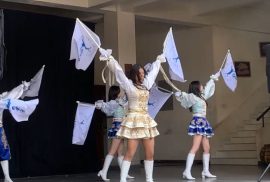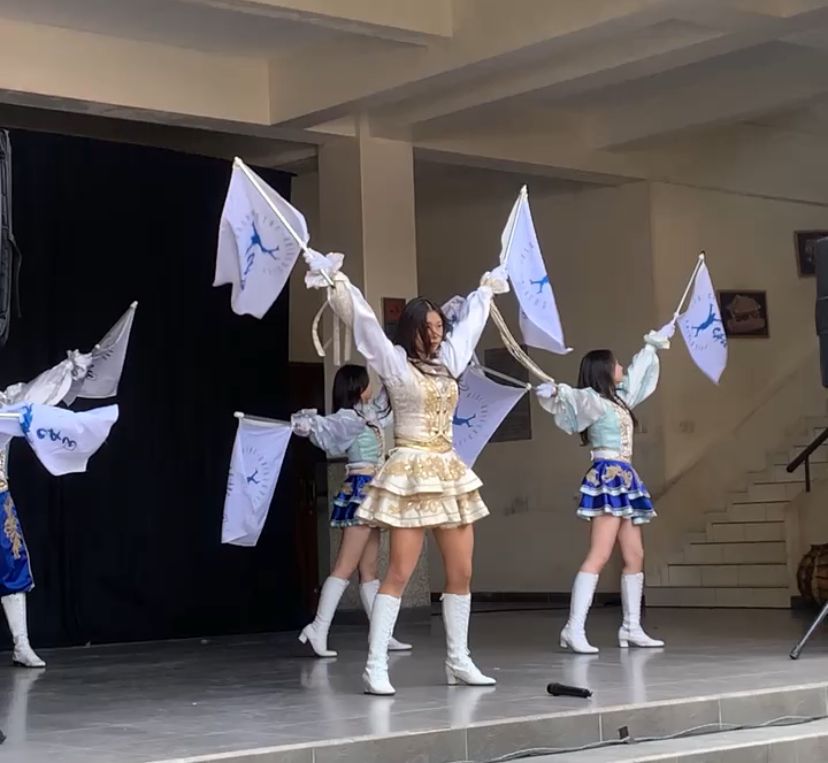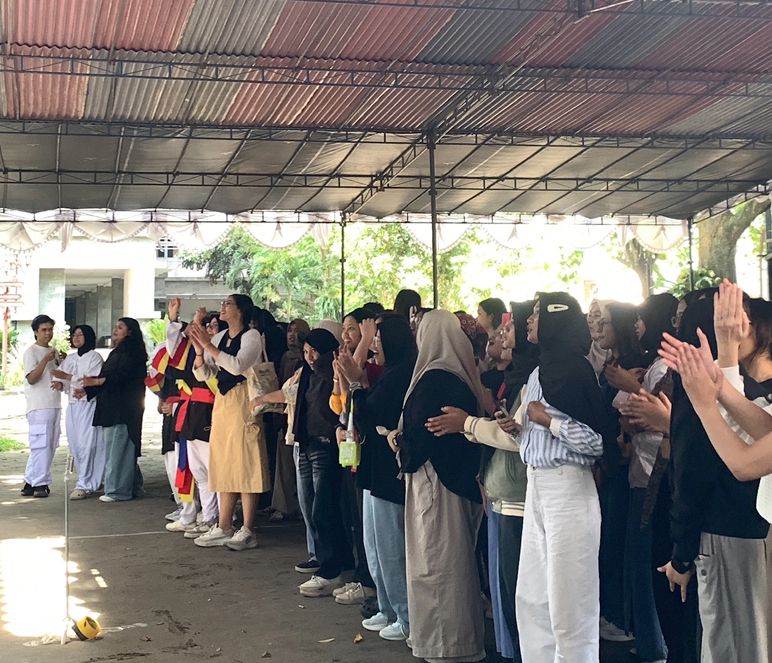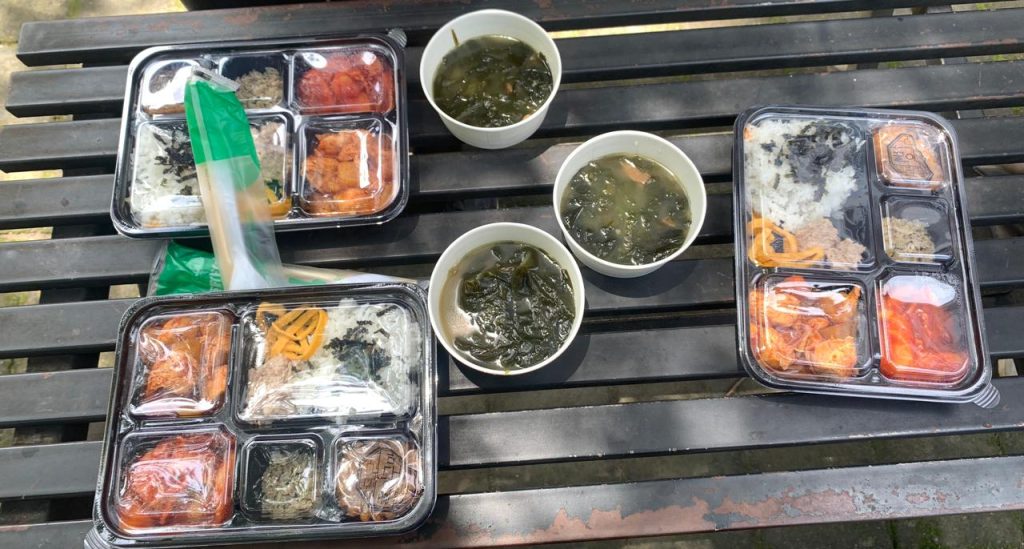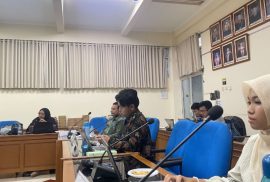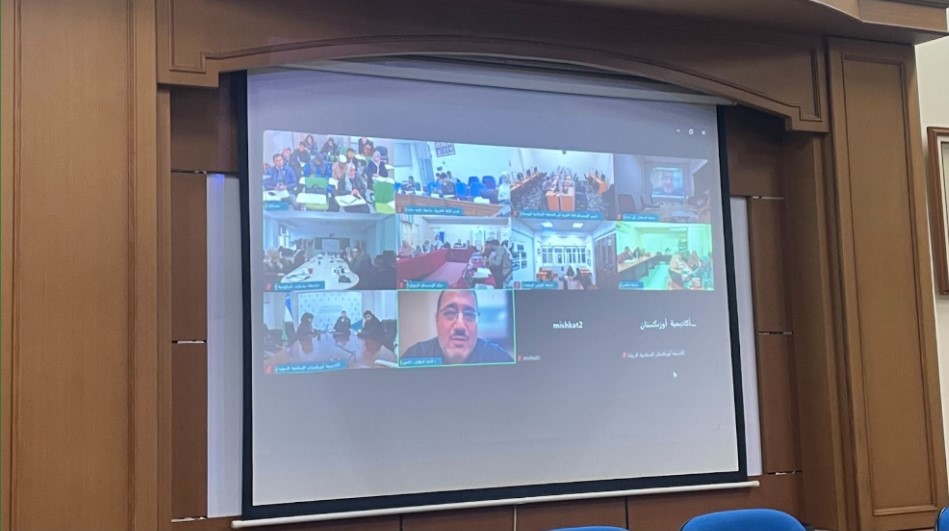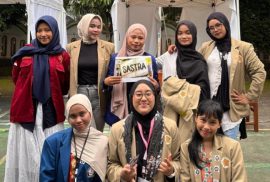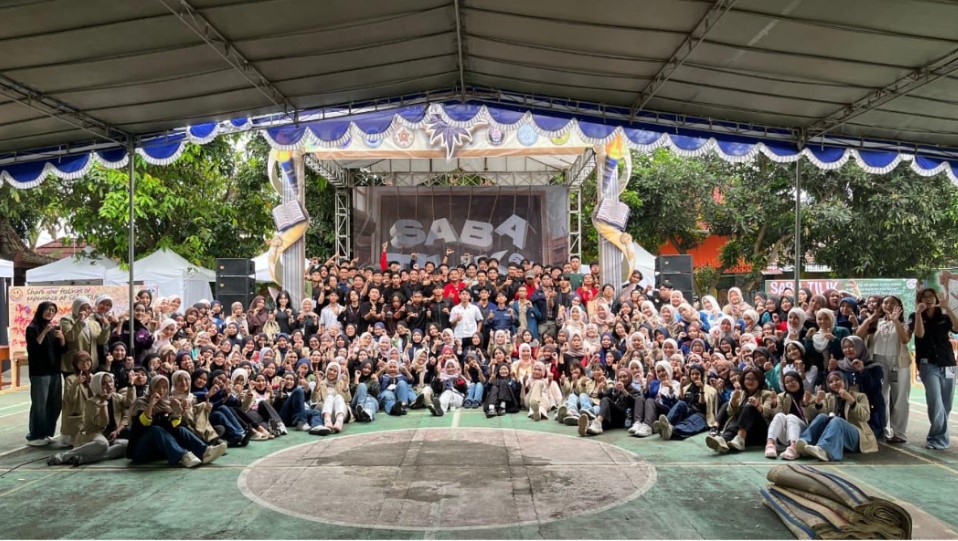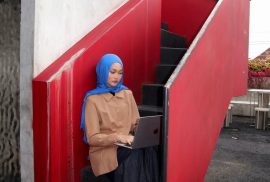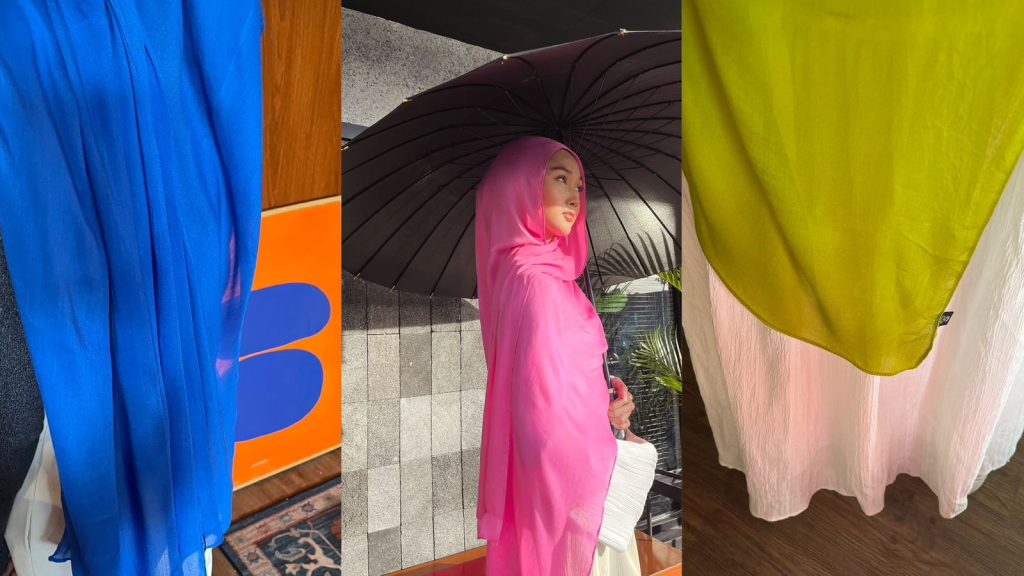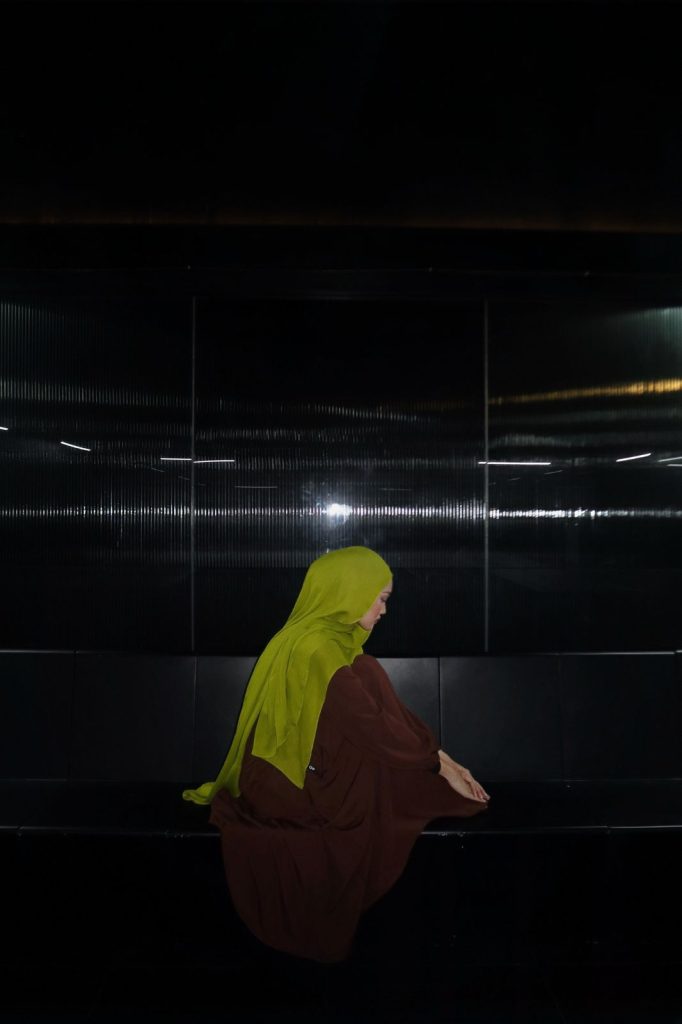Yogyakarta, January 24, 2026 — The Faculty of Cultural Sciences, Universitas Gadjah Mada (FIB UGM), hosted the 2026 The 1st CAUGM Korean Festival, a cultural event that offered the general public a hands-on experience of Korean culture. The festival was held on Friday (January 24) at the Margono Corridor, FIB UGM, and was open to anyone with an interest in Korea.
Korean Festival 2026 was a collaborative initiative between students of Universitas Gadjah Mada and Chung-Ang University (CAU), South Korea. The event aimed to strengthen cross-national cultural relations while serving as a platform for cultural exchange between Indonesia and Korea through an educational and entertaining approach.
A wide range of programs was featured during the festival, including Taste Korean Cuisines, which allowed visitors to sample Korean traditional foods in limited portions, as well as cultural experience booths that offered direct exposure to Korean culture. Visitors had the opportunity to try on Hanbok, traditional Korean attire, and to learn about traditional Korean musical instruments through interactive booths provided at the venue.
In addition, the event was enlivened by special performances from UGM and CAU students, as well as a Random Play Dance session that was open to visitors and became a major attraction, particularly for fans of Korean pop culture. The entire series of events began at 10:00 a.m. (WIB) and was open to the public without any mandatory registration.
The implementation of Korean Festival 2026 aligns with efforts to achieve the Sustainable Development Goals (SDGs), particularly SDG 4 on Quality Education through the provision of cross-cultural learning spaces beyond the classroom, and SDG 17 on Partnerships for the Goals through international collaboration between educational institutions in Indonesia and South Korea. The festival also reflects the spirit of SDG 11, which focuses on building inclusive communities by providing safe and open public spaces for cultural interaction.
Through Korean Festival 2026, FIB UGM reaffirmed its commitment as an academic space that supports cultural diplomacy, global exchange, and the strengthening of cross-cultural understanding among students and the wider community.
[Public Relations of FIB UGM, Alma Syahwalani]

